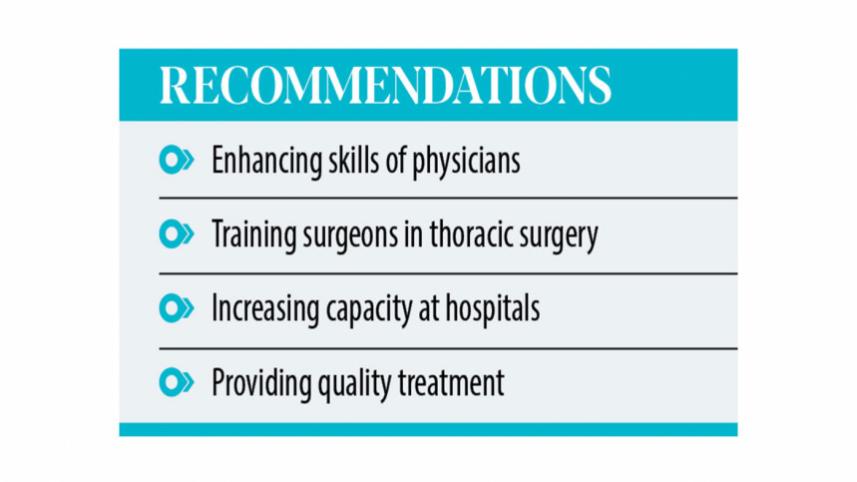Even hospitals are letting down road crash survivors

With frequent road accidents—due to faulty vehicles, reckless drivers, and the lack of enforcement of proper traffic rules—becoming the norm, especially over the last few years, thousands of Bangladeshis have lost their lives on the roads prematurely. But what about those who survive, but barely? How does the state plan to take care— physically and mentally—of those who have gone through the ordeal of a road crash? Are our hospitals, public or private, equipped well enough to treat these survivors properly? Evidently not. As a report by this daily has outlined, the number of patients paralysed in road accidents has increased at an alarming rate, putting hospitals under immense stress to provide quality treatment.
In 2018, the High Court delivered a judgment, making it mandatory for hospitals to provide emergency medical services (EMS) to road crash survivors, irrespective of their financial ability or the medico-legal nature of the case. Three years later, what steps have been taken to ensure its implementation?
Now, as per the latest report, experts have opined that both public and private hospitals must expand their capacity greatly in order to accommodate the treatment of patients who have been paralysed by road accidents. There must also be upskilling of surgeons so that the patients' quality of life can be improved as much as possible post-accident. But given the increasing number of road crash survivors in Bangladesh, the lack of treatment resources available to them is seriously alarming. During the recent Eid holidays alone, the National Institute of Traumatology and Orthopaedic Rehabilitation (NITOR) recorded at least 600 motorbike accidents. Statistically, five to six percent of bike accident survivors suffer from spinal injuries, which our hospitals are currently not equipped to deal with.
As crucial as it is to implement traffic rules properly and reduce the number of road crashes, it is equally important for the government to ensure proper treatment for road accident survivors. This includes emergency services as, in many cases, the treatment provided during the first hour of an accident is crucial. Additionally, given the pressure that the more affordable public hospitals already have to deal with year-round, private hospitals must also scale up their capacity and skills to treat road crash survivors effectively. Survivors of road accidents are actually victims of the country's unruly traffic system—the health sector must not also turn its back on them.



 For all latest news, follow The Daily Star's Google News channel.
For all latest news, follow The Daily Star's Google News channel.
Comments